LLC or Corporation for Your Food Business?

I can tell you from experience that many food entrepreneurs struggle to understand the type of legal entity best suited for their business. If this is you, don't worry because you're not alone. In fact, there are several scenarios where you may find yourself asking, "should my food business be an LLC or a corporation?" But the answer depends on your situation and the purpose behind the need for a new entity.
Here are a few examples: a few friends decide to launch a small business, or maybe an established and successful company is contemplating creating a subsidiary to expand into a new line of business, or possibly a large, foreign company is looking to enter the U.S. market. In all of theses examples, the threshold question is: should we form a corporation or an LLC? The answer depends on the needs and wants of each business as well as on unique state laws. However, both types of entities have similarities and differences that are common in almost every state.
Below we've provided s...
Can I Call My Food Healthy?
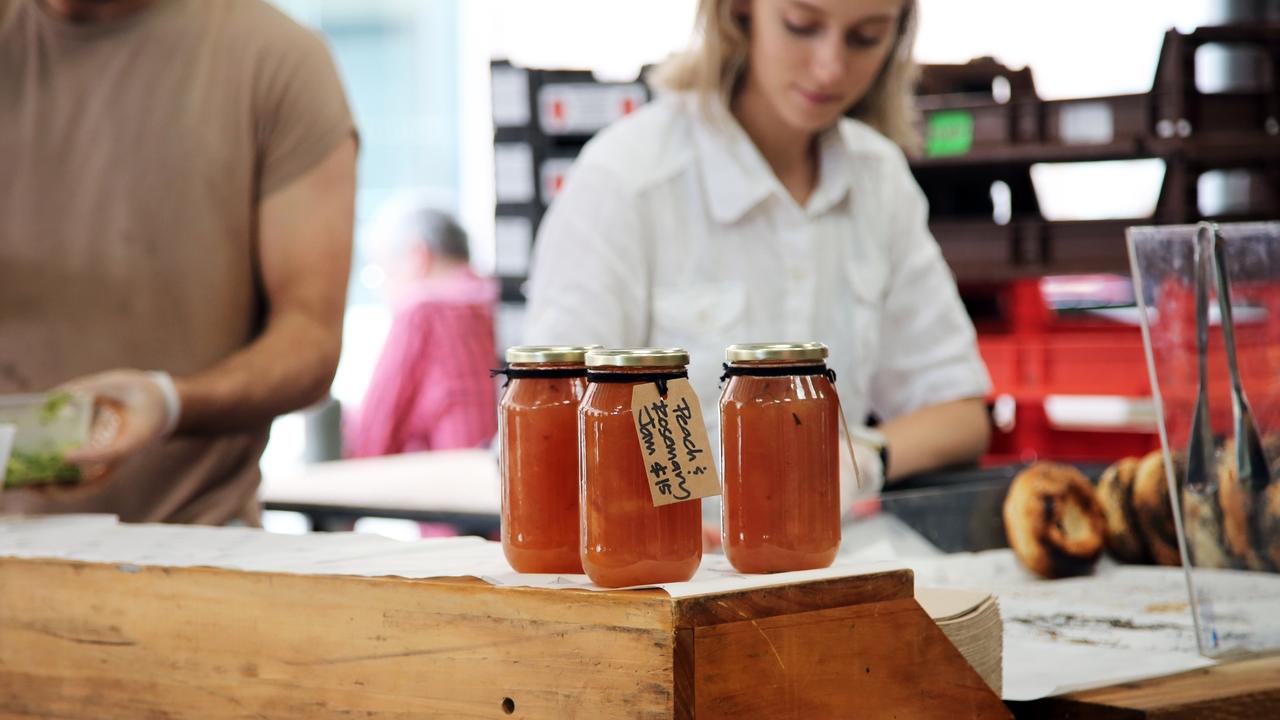
You’ve worked hard caring about and developing your food product. You know what’s in it and you selected the best ingredients because it matters to you what goes into your customers bodies. But just because you think it’s “healthy” doesn’t necessarily mean you can label your product that way without knowing the rules.
Whether you can call your product “healthy” depends on a number of factors. The first thing to figure out is what laws apply to your product. That will tell you what government agency or agencies you need to pay attention to.
Is your product packaged and sold across state lines? If so, you are most likely governed by the Federal Food, Drug, & Cosmetic Act and subject to the FDA’s definition of “healthy.” Most processed and packaged foods (excluding primarily meat and poultry products) will fall into this category.
The term “healthy” -- or any similar term -- can only be used if your food meets certain nutrient requirements for total fat, saturated fat, cholesterol, so...
Protecting Your Food Business Name, Brand or Logo: Basics of Trademark Protection

Do you have a great idea for a business name? Have you created a unique logo that’s sure to draw business? That’s great! But before you go live with your website or start printing flyers, there are some things you need to know about intellectual property laws to keep your ideas protected.
What is intellectual property (IP)? In short, it is the right to benefit from the creations of one’s own mind. IP can include inventions, symbols, names, images, shapes, designs and other artwork. Intellectual property can be protected by patents, copyrights and trademarks.
So how do I protect the IP of my unique brand, name or logo? This is normally protected with a trademark. A trademark is a distinctive sign that identifies a product or service. It can be a word, name, symbol or device, or any combination of those. A trademark is used in commerce to identify and distinguish your goods and services from those of another business and to indicate the source of the goods -- think the green Starbucks ...
What Laws Apply to My Restaurant Menu?

You may have noticed that chain restaurants now have calories listed on their menus. And you may be wondering if you are required to include calories – or other nutrition information – on your restaurant menu. The answer is, as always, it depends.
Generally, if you are opening a restaurant and sell “restaurant-type food” (including bakeries, cafeterias, coffee shops, etc.) and it is part of a chain of 20 or more locations doing business under the same name and offering substantially the same menu items, then you probably do have to comply with the federal restaurant menu labeling requirements. In short, if your new restaurant venture is a franchise, the federal menu labeling rule probably applies and should be on your radar.
Restaurants covered by the rule are required to disclose the number of calories in each standard menu item, as that item is usually prepared. For example, if your franchise serves both whole and half sandwiches, you must display the calories for both the whole an...
How do I know what food safety laws apply to my restaurant?

After a lot of planning and hard work, you’ve settled on a location, name and a menu for your restaurant. Congratulations! But you may be wondering, “now what?” One of the most important tasks in setting your restaurant up for success is making sure you’re on top of food safety. Nothing will detract from your restaurants’ success more than making people sick. Just ask the owner of the now-shuddered all-you-can-eat shrimp buffet that used to be next door!
So how do you find out what food safety rules and regulations you need to follow? Wading through that swamp can be a challenge for sure! But know this – regulation of restaurants and other retail food establishments is generally handled at the state and local level – so you should start there first.
Normally food safety laws are set at the state level, such as through the state department of health or the equivalent in your state. Inspections, however, are usually conducted by city or county agencies. Some local jurisdictions may als...
Launch Your Food Business at the Farmers Market
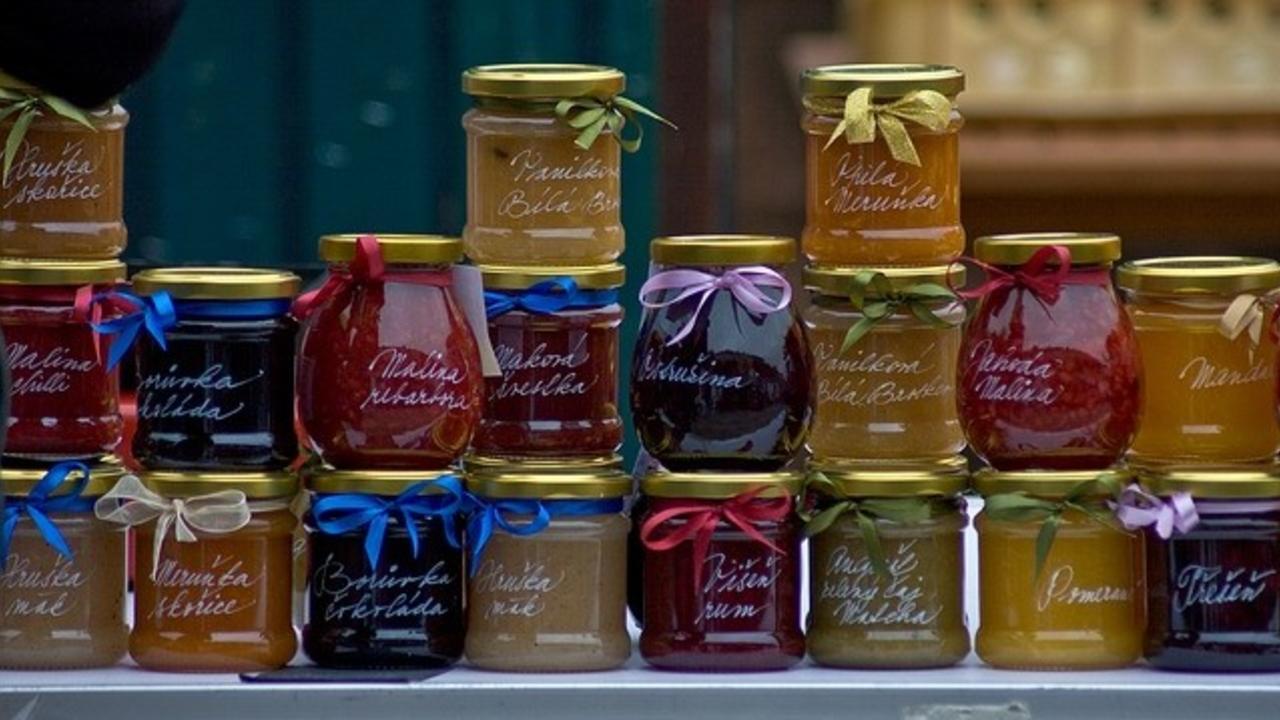
If you’re a food lover, farmers markets are a great place for you to begin monetizing your passion. Market vendors operate at a small scale, so you can take the time to get your feet wet. You won't need to have much of a staff or a marketing budget, nor will you need access to a commercial kitchen. And as farmers markets are local and community oriented, visitors tend to be regulars who are open to trying new foods and checking out the new vendors. When they find something they like, they’re likely to become repeat customers who will spread the word among their friends.
Where to start? The first thing to do is to choose at least one food item you want to sell. Whether you’re baking cookies based on your grandmother’s recipes or simmering a batch of your father’s famous BBQ sauce, you will be more likely to succeed if your venture is fueled by passion. But a successful food business requires more than a love of great food. One aspect new food entrepreneurs often overlook is the legal...
When Can a Food Product Be Labeled as “Natural”?
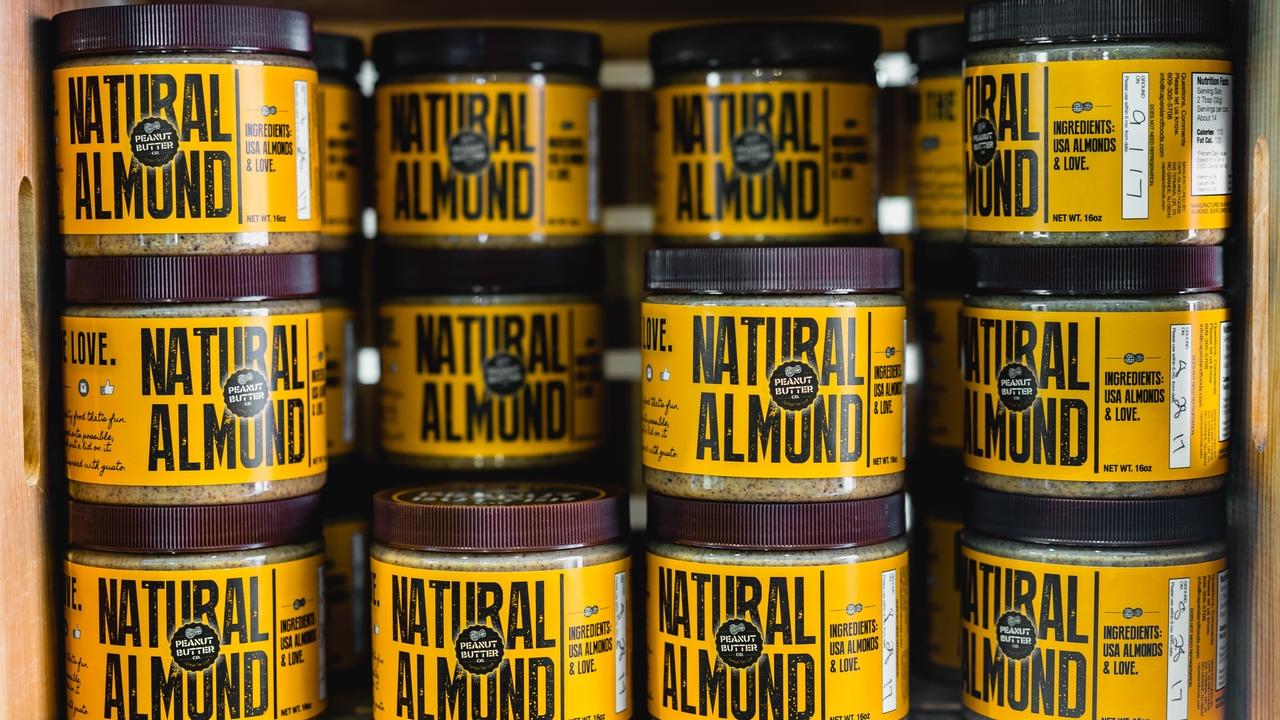
If you’re creating a label for your food product which you intend to sell at farmers markets and specialty stores, you will naturally be inclined to include the word “natural” on it. After all, you’re not selling Frootios, Cheez Squiggles or anything else made in a factory; your products aren’t made from who-knows-what and designed to last an eon. Whether you’re making jams, cookies or pesto, your recipe likely has actual ingredients that anyone would recognize. Natural, right? Well, not so fast.
The word “natural” carries connotations of goodness and health. It holds itself in contrast to a food landscape of odd additives and unpronounceable preservatives. Go even deeper into the word’s associations, and to many people it harks back to an Eden of a pre-polluted Mother Earth. The word “natural” is a natural fit for any homemade-style food, which is why many small-scale food makers would want it associated with their brands. And from a strictly commercial perspective, consumers genera...
Best Local Farmers Markets in New Orleans
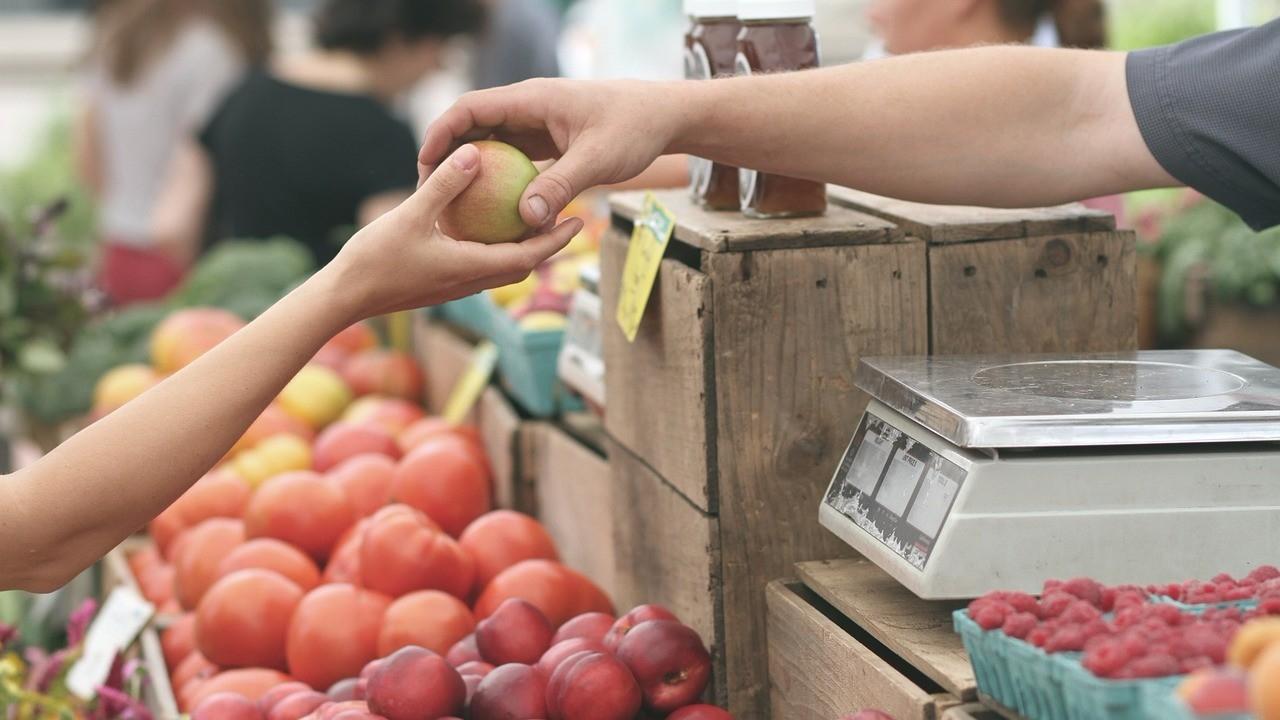
A lot of us have come to appreciate the importance of local, fresh food for our overall health and nutrition. This is probably why farmers markets have been growing in popularity in recent years. Produce sold at farmers markets are grown within the region and picked within days of being sold. Unlike much of the produce sold in big supermarket chains, produce sold at farmers markets have exceptional flavor and are packed with vitamins and minerals nutrition. Most local food is grown without pesticides and don’t need to be sprayed with chemicals to survive the journey to the market.
New Orleanians are no different than the rest of the country; having demanded local, fresh food of years. Thankfully, farmers and food entrepreneurs have responded. Farmers markets in New Orleans are plentiful and are open just about every single day. Here is a list of the top farmers markets in the greater New Orleans area:
Since 2007, the Freret Market has been feeding and entertaining New ...
How to Start a Cottage Food Business in Michigan

Are you interested in starting a food business out of your home kitchen but aren't sure how to do so? If you live in Michigan you're in luck. The Michigan Cottage Food law allows you to make and sell certain foods out of your home kitchen without having to follow certain FDA laws, so long as you follow the rules.
The law limits the types of foods you are allowed to make and where you are legally permitted to sell your products. It's important to know the rules before you launch your home-based business to make sure you don't break the law.
Here is a good article on the Michigan Cottage Food law: How to Start a Home-Based Food Business
Important Labeling Tips for Food Businesses
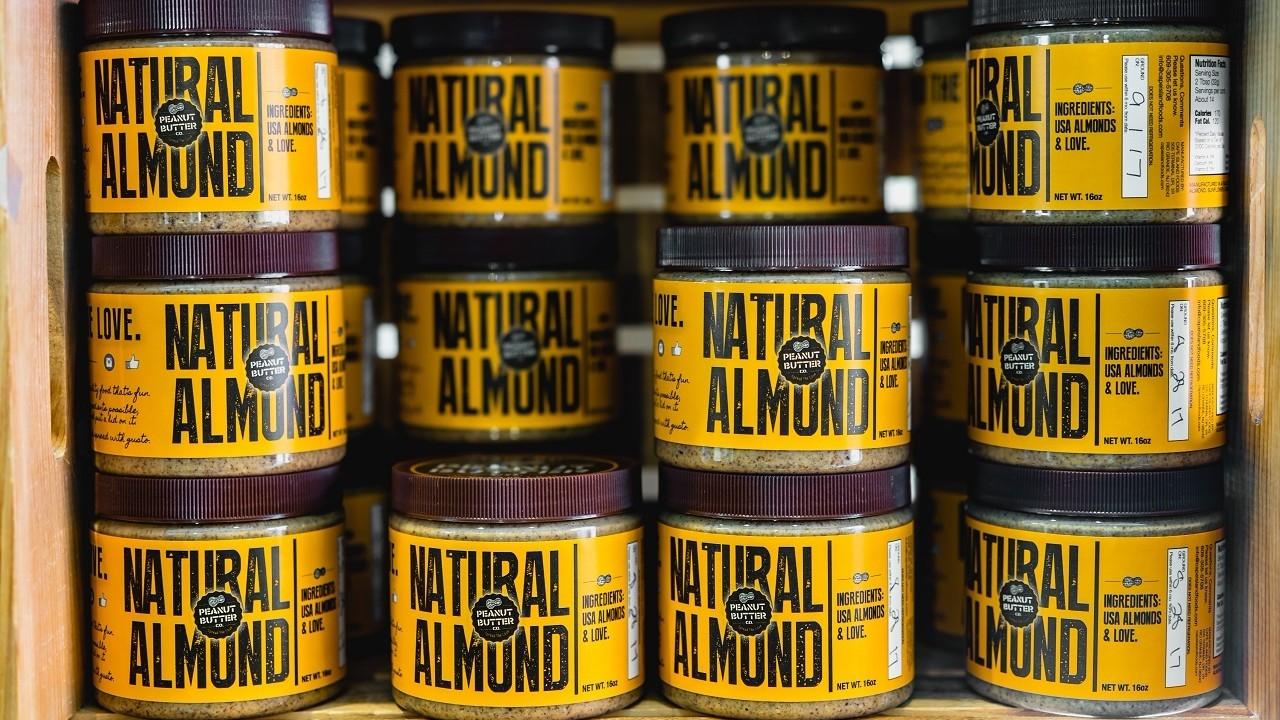
Over the past few years, food labeling has become a target of class action lawsuits and regulatory action. Every day we read about a new lawsuit attacking words such as "natural" or an FDA warning letter notifying a business of a food labeling violation.
While many food businesses facing a lawsuit or regulatory action may not believe they are doing something "wrong," many FDA regulations have pretty wide grey areas which are subject to interpretation. However, just because you aren't directly in violation of a regulation, doesn't mean that you're in the clear. In fact, many actions are predicated on an alternate interpretation of the same regulation. Meaning that your business needs to be ready, if it chooses to take a stand, for litigation costs and potential adverse publicity.
Top Labeling Best Practices
Food companies can avoid lawsuits over labels by taking proper precautions. While nobody can prevent all possible claims against a food company, this list will hopefully help you ...

